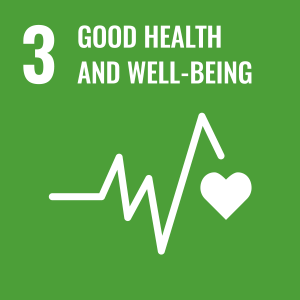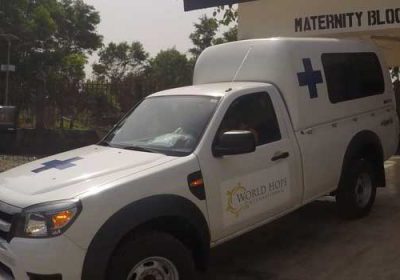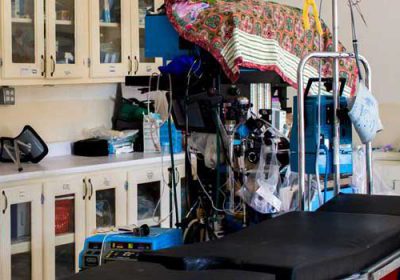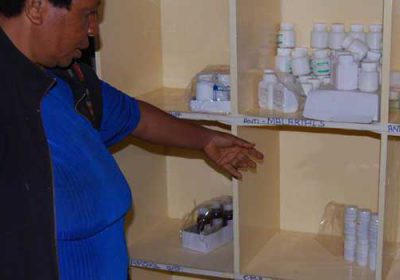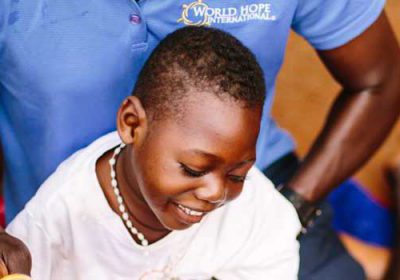Ambulance Services
Project Information
Resources
Ambulance Service
WHI provides ambulances to support the transport of patients—primarily pregnant women—from their homes to health centers and hospitals in the Bombali District. Recently, the Makeni Regional Hospital ambulance made four means of transport in one night—three of which were for delivery of twins! All lives were saved.
Getting women to the hospital faster is saving the lives of women and their babies in northern Sierra Leone.
Project Goals
Previously, the goal was to decrease transmission of EVD in the Bombali District.
Expected Outcomes
- Increased number of women survive childbirth
- Increased infant survival rates
- (Prev) To safely and efficiently transport patients with suspected or confirmed EVD to the appropriate facilities
- (Prev) To transport the deceased for safe burial.
Discharge transports in WHI ambulances
Individuals reached at home & checked for Ebola
Maternity transports in WHI ambulances during the crisis
During the Ebola Crisis
There were not sufficient ambulances for patients to be transported to CCCs or treatment centres in a timely fashion, furthering the spread of the disease. The situation was further compounded by ambulance drivers going on strike due to lack of payment. There were other challenges in the system as well, with ambulances returning to Makeni every evening and patients not being moved to the correct facilities to make efficient use of existing beds.
To address these challenges, World Hope International purchased and delivered five ambulances to Sierra Leone.
With the support and partnership of UNMEER, WHI operated a short-term ambulance service in Bombali District coordination with the District Ebola Response Center (DERC). All cases had to be properly managed, including through safe burials, until the epidemic ended.

